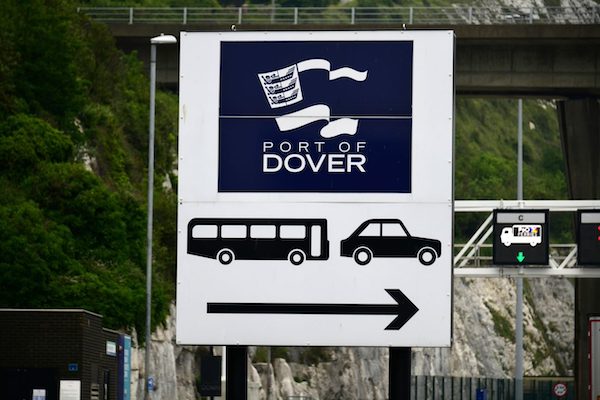UK travellers may face significant delays when the EU’s Entry/Exit System (EES) is launched, yet awareness remains low.
- Industry leaders have highlighted a “communications problem” affecting the dissemination of information about EES.
- Dover District Council anticipates severe congestion if the EES is implemented without proper communication strategies.
- Eurotunnel and Eurostar executives express frustration over the lack of a coherent communication plan for EES.
- The EU’s delay of the EES launch, initially set for November 10, adds to the uncertainty facing travellers.
UK travellers to Europe are largely unaware of the impending disruptions likely to arise from the EU’s new biometric Entry/Exit System (EES), which has been delayed but remains on the horizon. Local government and industry leaders recently warned of a “communications problem” surrounding this development, indicating a gap in informing the public despite the potential for significant travel delays.
Councillor Kevin Mills, leader of Dover District Council, emphasised that without EES, Dover already experiences regular gridlocks. However, with EES, the situation could escalate to “gridlock on steroids.” He pointed out the Department for Transport’s (DfT) warnings of possible 14-hour delays, noting a lack of interaction and dialogue with the DfT on these issues. Mills highlighted particular concerns with the impact on cars, suggesting freight and coaches might be less affected.
John Keefe of Getlink Group, operating Eurotunnel, expressed that a promised detailed communication plan about EES has not materialised, describing a situation where “a coherent communications plan has not been possible.” This lack of communication hampers efforts to prepare UK travellers adequately, leading to frustration within the industry.
Gareth Williams from Eurostar shared similar sentiments, noting that heightened communication about EES was expected post-summer and Olympics; however, these efforts did not take shape as anticipated. The EU’s decision to postpone the EES launch from the planned date of November 10 has come amidst technological readiness issues cited by France, Germany, and the Netherlands, further complicating communication efforts.
Williams noted that while responsibility for communication lies with the EU, the immediate effects will be most acutely felt by UK travellers. He underlined that despite regular customer surveys showing increased awareness, the overall level of understanding about EES remains insufficient. There is an ongoing attempt to develop a communication strategy based on learnings from previous crises such as Covid-19, yet it remains on hold until certainty around EES can be assured.
The lack of effective communication concerning the EES implementation poses significant challenges for UK travellers and the transport industry.

